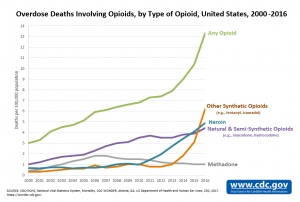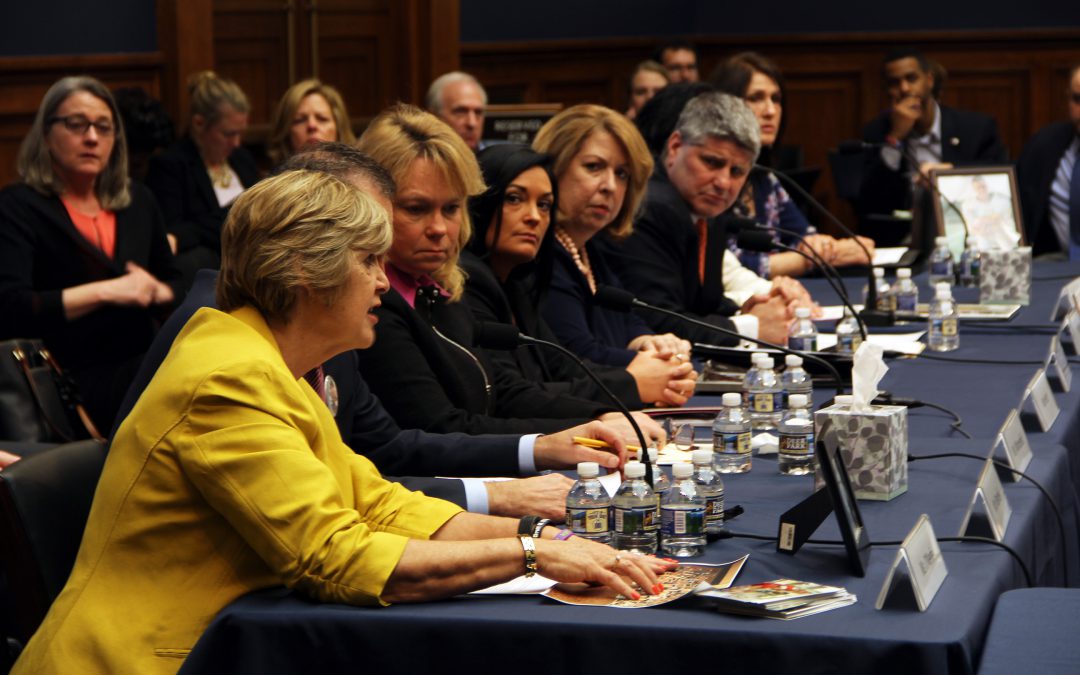Brian Mendell committed suicide at age 25 because he was ashamed of his opioid addiction, despite not having used drugs in more than a year, his father told a House subcommittee Thursday as he demanded that Congress pass laws to fight the epidemic. Mendell is one of the hundreds of Americans who die every day as result of substance abuse.
Testifying with a group of others who had lost family to addiction or were recovering addicts, Gary Mendell, of Easton, Conn., described the agony of getting a phone call to learn of his son’s 2011 death. Like many of the other witnesses, his reaction was action — doing something to fight opiod misuse: He founded Shatterproof, which created a standard for addiction treatment and advocates for laws to improve drug abuse treatment and reduce over-prescription of opioids.
Mendell and others told the House Energy and Commerce Committee’s health subcommittee that possible solutions include ending the stigma of addiction, treating mental health issues related to addiction, and increasing access to care.
Subcommittee Chairman Rep. Michael Burgess (R-Texas) said getting legislation to fight the opioid epidemic to a House vote is a top priority for the subcommittee.
“We can do as much harm, if we get it wrong, as the people who are perpetrating the crisis in the first place,” he said, referring to the more than 60 opioid bills in consideration. They will start marking up the bills April 25 and intend to have legislation ready to send to the full House by Memorial Day.
Mendell said billions of dollars worth of research on addiction treatment has been done and called the lack of progress “tragic.”
“We know enough to dramatically reverse the course of this epidemic and save lives,” he said. “And bills to do so are going to be in front of you in a few days.”
Lisa Daniels, of West Bloomfield, Mich., said her 23-year-old son Jamie abused prescription drugs throughout college before entering a Florida treatment program where he overdosed on heroin laced with fentanyl in 2016. She said the “sober home” treatment center where Jamie died and other treatment facilities aren’t regulated closely or required by insurers to meet high standards.
“Addiction has become one of the most lucrative businesses in our country,” Daniels said. “Jamie was set up to fail. There have to be standard care practices put in place immediately.”

CDC data shows overdose deaths due to opioids continue to rise. (U.S. Centers for Disease Control, April 19,2018)
Americans filled 12 percent fewer opioid prescriptions last year — the biggest drop in 25 years — according to data released Thursday. Both the overall volume of prescription opioids and high-dose prescriptions that correlate with addiction decreased last year, according to a study by the IQVIA Institute for Human Data Science.
The opioid prescribing rate also dropped nationally from 2012 to 2016, according to the U.S. Centers for Disease Control. But CDC data shows increased overdoses deaths in the same time frame. Prescription opioids still cause more overdose deaths than any other drug.


